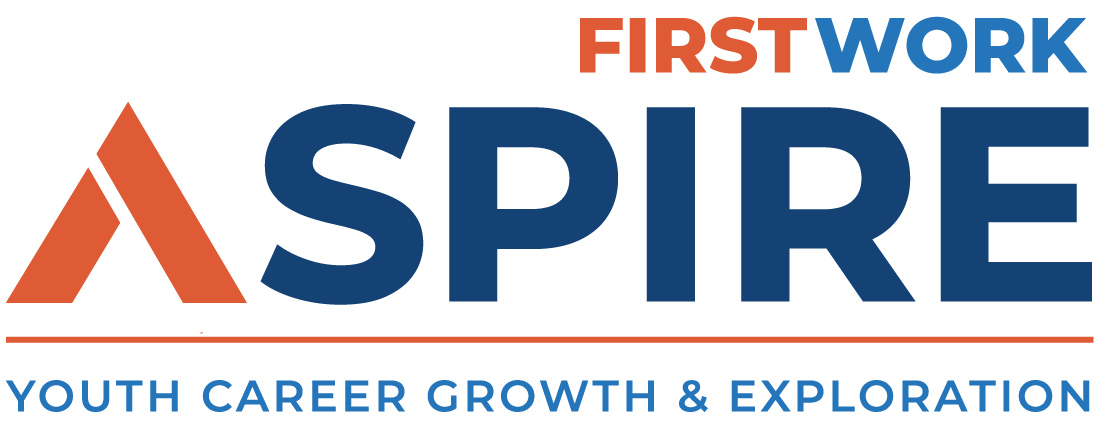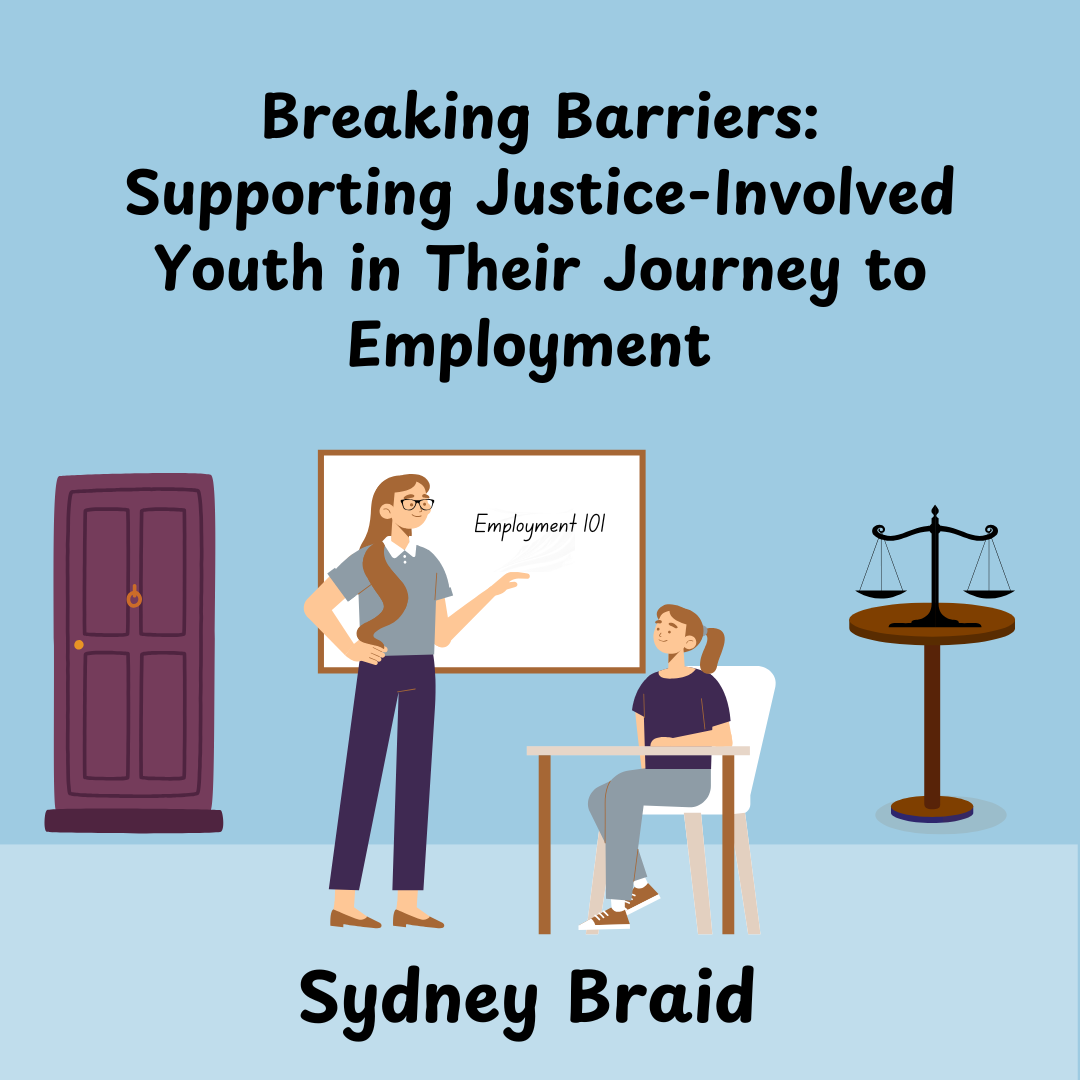By Sydney Braid of Employment North
As an Employment Specialist working with justice-involved individuals, I’ve seen the unique struggles young people face when trying to reintegrate into society.
For them, employment isn’t just about earning a paycheck; it represents a second chance—an opportunity to rebuild their lives, regain self-worth, and create a new future. However, they often face steep barriers due to their criminal records, lack of work experience, and disrupted development.
For many of these youth, especially those who have spent time in the justice system, their social and emotional growth can be stalled.
Even if they’re no longer legally considered “youth,” they still need the same level of guidance and support as younger people.
They’ve missed out on key developmental experiences that most of us take for granted—learning responsibility, navigating social dynamics, and building essential life skills. When they’re released from incarceration, they often find themselves struggling to adapt to the demands of everyday life, let alone the complexities of the job market.
The Unique Barriers Facing Justice-Involved Youth
The criminal record is the first—and often the biggest—barrier.
Many employers won’t even consider a candidate with a record, assuming that it’s too risky to hire someone with a troubled past. Many of these individuals haven’t had the chance to hold formal jobs, making it difficult to provide references or demonstrate work readiness.
The lack of experience is compounded by the stigma they carry from their justice involvement.
When I work with justice-involved youth, I often see how discouraging it can be for them.
Even when they’re ready to make a fresh start, the constant rejection takes a toll. But I believe in the importance of offering hope—showing them that their past doesn’t have to define their future. My job isn’t just about providing practical tools like resume writing or interview coaching, but also about helping them rebuild their confidence and self-esteem.

How I Help Break Down Barriers
One of the first things I focus on is building trust. Many of the individuals I work with have been let down by the system, and they need someone who is willing to listen without judgment. Once we establish that connection, I can help them reframe their story in a way that emphasizes personal growth. We work together on how to present their justice involvement in interviews, focusing on the positive steps they’ve taken since then.
I also see my role as a bridge between justice-involved youth and potential employers. I work to break down misconceptions, helping employers understand the value of giving justice-involved individuals a second chance. These youth often bring incredible loyalty, dedication, and resilience to the workplace—qualities that are highly desirable in any employee.
Employment as a Tool for Reintegration
For these young people, employment is about more than just making a living.
It’s a tool for reintegration—a way to reestablish themselves as contributing members of society. A stable job provides structure, financial independence, and a sense of purpose, all of which are critical for reducing the likelihood of re-offending.
But success doesn’t stop at getting the job—it’s about staying employed and developing the skills needed to maintain long-term employment.
With a focus on soft skills like time management, stress management, and workplace dynamics these youth are able to thrive.
These may seem like small things, but they make all the difference in building a stable, productive life.
Justice-involved youth face significant barriers to employment, but with the right support, they can overcome those obstacles.
As Employment Specialists, we have a unique opportunity to guide these individuals through their journey, offering them the tools, encouragement, and belief that they need to build a better future.








